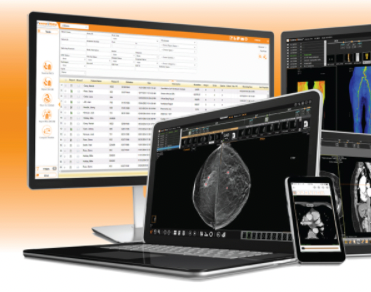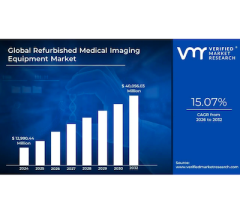
May 27, 2022 — PaxeraHealth announced that the University of Pennsylvania has selected its zero-coding authoring platform to assist in their development of new imaging AI algorithms. ARK’s offering of “Algorithms as a service” aim to help healthcare systems and academic and research centers to DIY (Do-It-Yourself) their own AI algorithms for all possible modalities, body parts, and anomalies. UPenn’s ultrasound research lab – Department of Radiology will use the platform to elevate the research and development of their associated imaging laboratories and expedite production of their focused algorithms.
“PaxeraHealth is pleased to offer our zero-coding authoring tools to the help ultrasound research team at UPenn complete the development of their algorithms for the sake of future patients everywhere,” said Dr. Mohamed Shoura, CEO of PaxeraHealth. “We understand the frustrations that come with developing new imaging algorithms and aim to eliminate these with the ARK platform.”
“Aligning UPenn’s research and primary development with Paxera’s high-end tools will expedite our timeline significantly and allow these algorithms to go to market much sooner than estimated”, added Dr. Sandy Sehgal, Professor and Director of ultrasound research at UPenn.
“PaxeraHealth’s ARK platform will be a key element in completing the development of these important algorithms,” added Dr. Laith Sultan, physician scientist at UPenn.
The collaboration between UPenn and Paxera will focus on the development of imaging algorithms to detect liver cancer as well as COVID detection via lung ultrasound. ARK’s high-end modeling, annotation, and data curation tools will reduce development timeline and expedite clinical validation, allowing UPenn to complete and commercialize their new algorithms and make them accessible to PaxeraHealth’s worldwide user base.
For more information: www.paxerahealth.com


 February 13, 2026
February 13, 2026 









